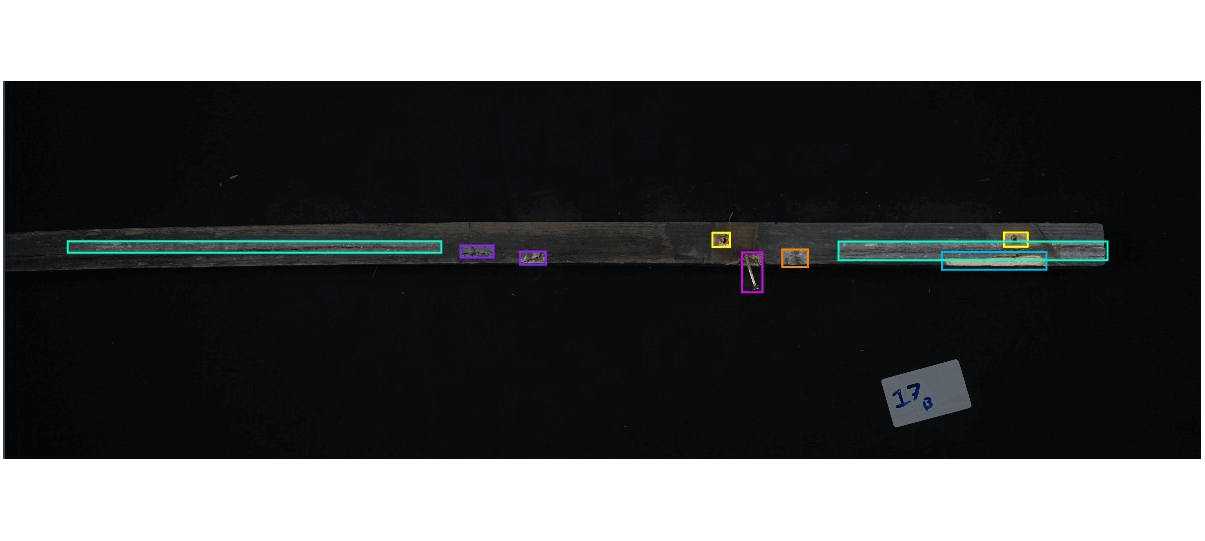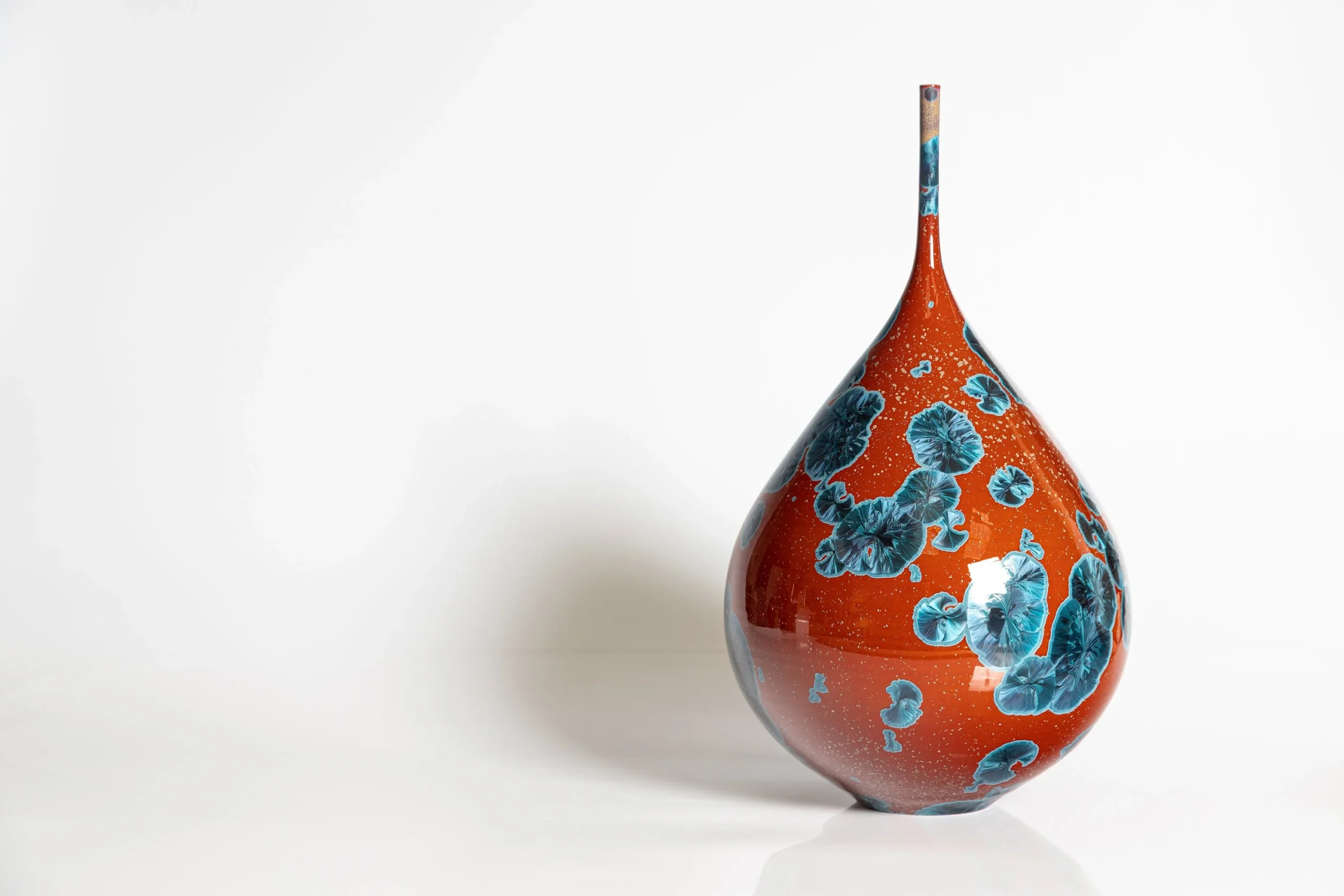Machine Learning to predict no. of seating spaces
Aim: To predict the number of seating spaces based on various types of seating layout, number of corridors and dimensions of generative enclosed rectangular spaces such as an auditorium. Objectives: Dataset Design: To create Dataset for the required problem, a synthetic dataset is designed with the help of various bylaws supporting the problem. Data Analysis: … Read more






